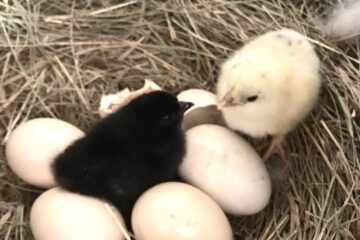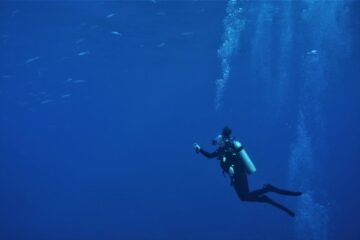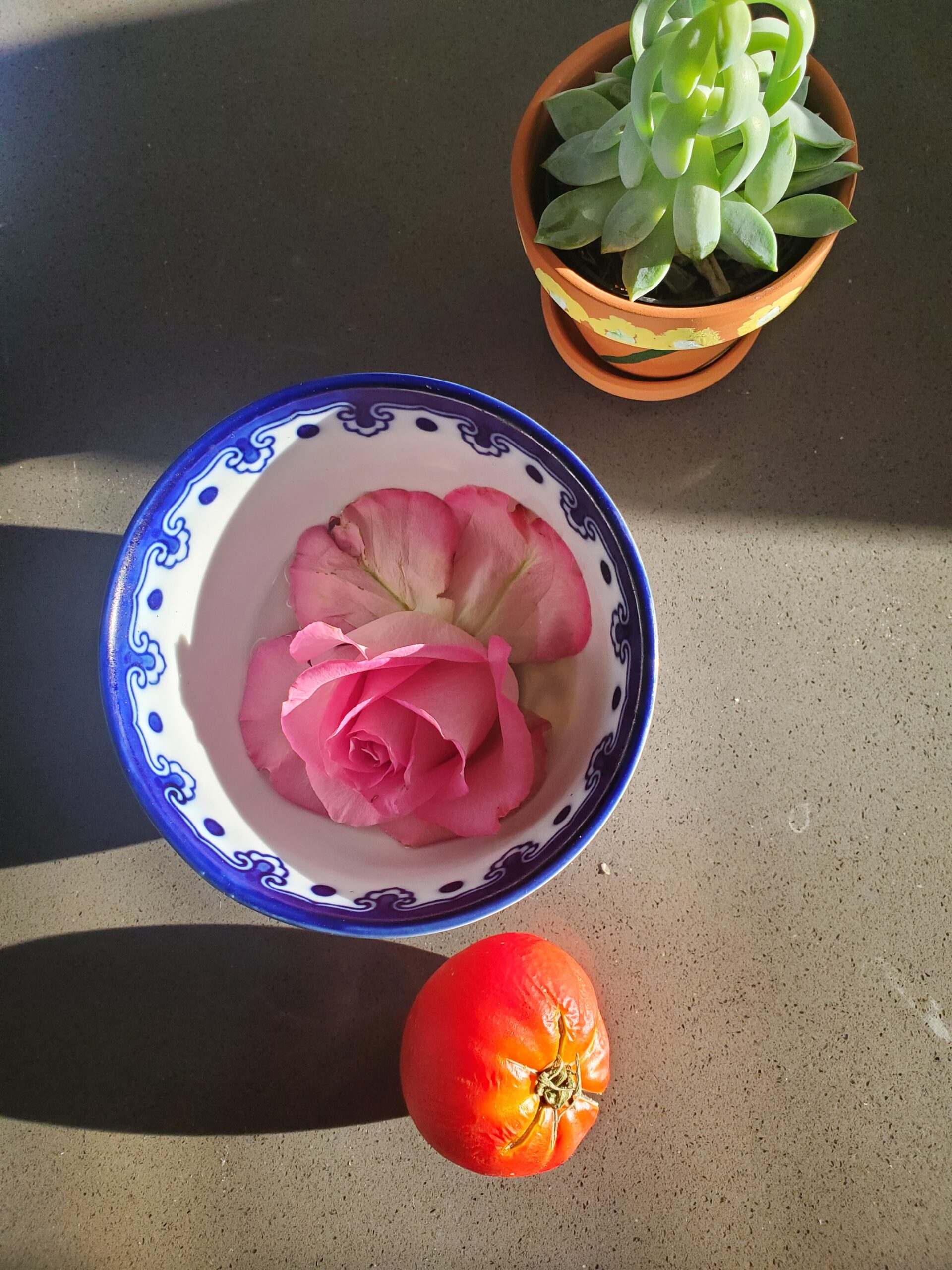Practice 10 – Step Back: Find Essence
This is not any map you know. Forget longitude, forget latitude. Don’t think about the shortest distance or plotting the most direct route… you cannot divine how this path will lead you finally into the labyrinth of your own heart Jan Richardson Summary: When we step back, easing up on our focused seeking, something not seen before steps forward. If our intentions are good, and our aspirations beneficent and inclusive of all, formerly unseen dimensions[…]
Read more






